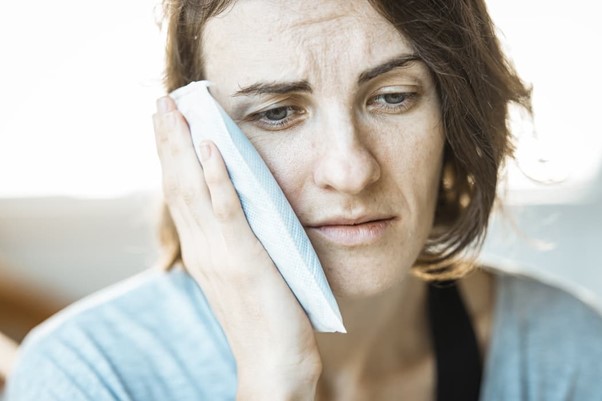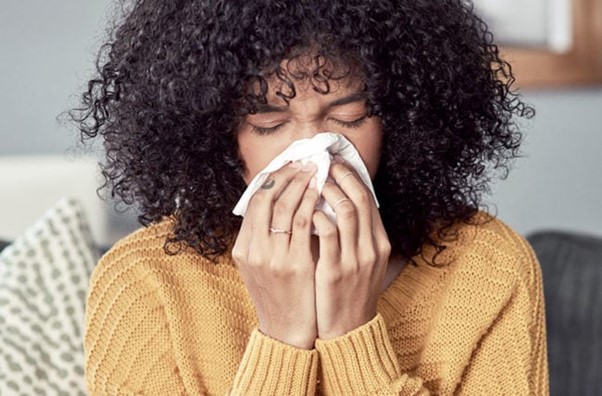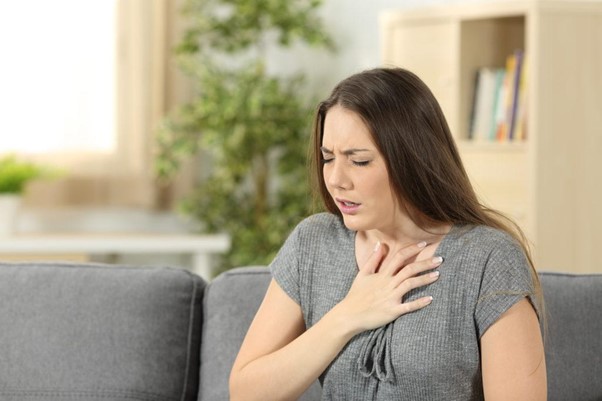
The Role of Allergies in Ear, Nose, and Throat Disorders: How They Interact
Allergies are a response from the immune system to any number of foreign substances.
These substances can range from pollen, dust mite droppings, pet dander, mold spores, or even certain foods. When a person is exposed to the allergen, their immune system releases histamine and other inflammatory chemicals in response.
This causes the common symptoms of allergies such as a runny nose, itchy eyes, sneezing, coughing, and wheezing.
Ear, nose, and throat disorders involve any condition that affects the auditory systems (ears), nasal passages (nose), and throat.
Common disorders can include ear infections, sinusitis, hay fever, sore throats, hearing loss, and tonsillitis.
How Do Allergies Affect the Ear, Nose, and Throat?
Allergy-related ear nose & throat (ENT) conditions are common as allergens can easily enter the mucous membranes of these areas.
The irritation caused by the allergen can lead to inflammation, swelling, and fluid build-up which can cause several different symptoms.
Common Symptoms of Allergic Reactions in the Ears, Nose, and Throat
Sinus congestion
Sinus congestion is a common symptom of allergic reactions in the nose and throat. It occurs when allergens cause inflammation in the sinuses, leading to the blockage of the nasal passages.
This can cause difficulty breathing through the nose, leading to headaches and even snoring.
Runny nose
Allergic reactions in the nose and throat can also cause a runny nose. This is often accompanied by sneezing, which can be triggered by exposure to allergens such as pollen, dust, or animal dander.

Itchy throat
An itchy throat is another common symptom of allergic reactions in the ears, nose, and throat. This can lead to discomfort, coughing, and soreness, especially when swallowing.
Watery eyes
Watery eyes are a telltale sign of an allergic reaction in the eyes, nose, and throat. They occur when the allergens irritate the eyes, leading to excessive tear production.
Postnasal drip
Postnasal drip is a common symptom of allergic reactions that occurs when excess mucus drips down the back of the throat. This can cause throat irritation, coughing, and a hoarse voice.
Sneezing
Sneezing is a common symptom of an allergic reaction in the nose and throat. It occurs when allergens trigger the nasal passages, leading to the release of histamine, a chemical that causes sneezing.
Ear pressure
Allergy symptoms can also affect the ears, causing ear pressure, which can be uncomfortable. This occurs when the allergens cause inflammation in the Eustachian tube, leading to blockage and pressure changes in the ear.
Headache
Headaches can also be a symptom of an allergic reaction in the ears, nose, and throat. They can be mild or severe and often result from sinus congestion and inflammation.
Difficulty breathing
In severe cases, an allergic reaction can cause difficulty breathing. This can be life-threatening and requires immediate medical attention.

Fatigue
Allergic reactions in the ears, nose, and throat can cause fatigue, particularly if you are not sleeping well due to nasal congestion, coughing, or other allergy-related symptoms.
Treating Allergy-Related Ear, Nose & Throat Disorders
The first step in treating allergy-related ENT disorders is to identify the allergen that is causing the reactions. This can be done through skin or blood tests administered by an allergist.
Once the allergen has been identified, treatments will depend on the severity of the symptoms and may include medications, allergy shots (immunotherapy), or avoiding the allergen altogether.
Strategies for Preventing Further Development of Allergy-Related Disorders in the Ears/Nose/Throat
Keep your environment clean
Allergens such as dust mites, pet dander, and pollen can trigger allergy-related disorders. Keep your environment clean by vacuuming regularly, washing bedding frequently, and using air purifiers.
This will help reduce the number of allergens present in your environment and prevent them from entering your ears, nose, and throat.
Identify and avoid triggers
One of the best ways to prevent allergy-related disorders is to identify and avoid your triggers. For example, if you’re allergic to pollen, avoid being outdoors during the peak pollen season.
If you’re allergic to pet dander, consider avoiding pet ownership altogether. Identifying and avoiding triggers can significantly reduce the severity and frequency of allergy-related disorders.
Maintain good hygiene
Maintaining good hygiene is crucial in preventing the spread of allergy-related disorders. Wash your hands frequently and avoid sharing personal items like towels and utensils.
This helps prevent the spread of bacteria and viruses that can cause conditions such as sinusitis and sore throat.
Use the medication as prescribed
If you’ve been prescribed medication for allergy-related disorders, it’s important to follow the prescribed dosages and timings. This helps ensure that the medication is being administered effectively, which can minimize the severity and frequency of allergies.

Consider immunotherapy
Finally, consider immunotherapy as a long-term treatment option. This treatment involves exposing your body to small amounts of allergens over some time to build up immunity.
Immunotherapy is effective in reducing the severity and frequency of allergy-related disorders.
Conclusion
Allergy-related ear, nose, and throat disorders are common and can cause a range of uncomfortable symptoms.
To prevent further development and to reduce the severity of symptoms, it is important to identify the allergen and develop strategies for avoiding contact or reducing exposure to it.
If necessary, medications or allergy shots may be required to treat the condition. If you have questions or concerns regarding allergies related to your ear, nose, and throat, then please contact your physician for further advice.
Learn more.